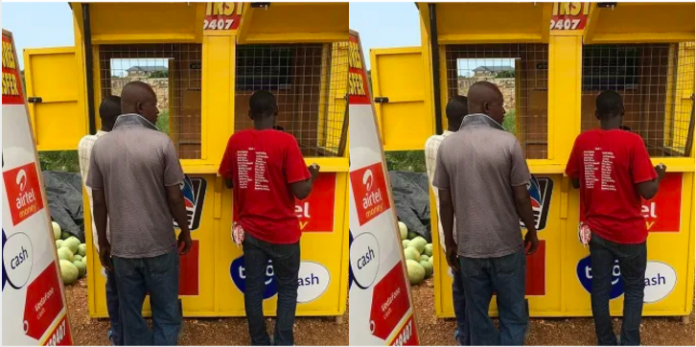John Kumah, a deputy minister for finance says the implementation of two “controversial” government policies; E-Levy and reversal of the benchmark values will definitely happen this year.
Kumah said the government did not anticipate the difficulties that these policies especially the E-Levy is going through in Parliament.
Speaking with Kwaku Nhyira-Addo on the Asaase Breakfast Show on Thursday (20 January) on the projected revenue for this year, Kumah said, “A lot of revenue measures are in place if you at the budget you find that VAT, a number of petroleum taxes and the projections from the E-Levy the benchmark values reversal and we also talked about property tax where there is going to a new nationally centralised digitalized system to do valuation of various properties in Ghana and then begin to take some taxes from there.
“We did not anticipate that we were going to have difficulties in Parliament the way it happened but of course even in that our response is also to ensure that you stay within your budget and so you target your expenditure levels…As far as we are concerned there will be commitment control to ensure that we don’t exceed what we collect so that we can stay even the budget…
“We believe that we may stay the year slow like we’re seeing. If eventually the E-Levy and the benchmark values come on board which they will come…that one I can assure you that eventually, it will happen; which has caused anxiety or concern among the investor community. They think that you have an Appropriation Bill passed but the revenue that is anchored on is in limbo…so we appreciate those concerns but we’re confident that the steps being taken will ensure that eventually we are able to pass the E-Levy and are able to do the [benchmark reversals].”
“the [benchmark] reversal is not so much about revenue than the economic impact where now some businesses are indicating to close from Ghana because they are being competitive from their production in our country and that is a key policy issue that as a country we have to respond to”
“…Last year, with these benchmark values GRA met their target so if we seeking to reverse it, it’s not so much of the revenue but the economic impact and the distraction it’s causing to our local manufacturing and industrialisation agenda. That for me is of more importance than even the revenues that we are expecting to receive…”
He added: “And so that is a clear indication that government is also looking at expenditure rationalisation and making sure that we don’t over-run the budget. Also, if you look at the growth of revenue for 2022, we are looking at about 40% growth… and if you are looking at expenditure we are looking to spend an extra 25, so that tells you that we are actually slowing on expenditure to ensure fiscal consolidation.”
Kumah said passing the E-Levy is crucial to among other things reducing youth unemployment in the country.
“We believe we will pass E-Levy, we believe once E-Levy is passed we will stay within budget targets, …it is ok to have positive ratings from all the agencies, it only shows confidence,” he said.
“But with or without confidence [from investors], we as Ghanaians and managers of this economy, we are very confident of what we are doing and we believe we will put this nation on track just as we have done all these while.”
Source: TheBBCghana.Com


















